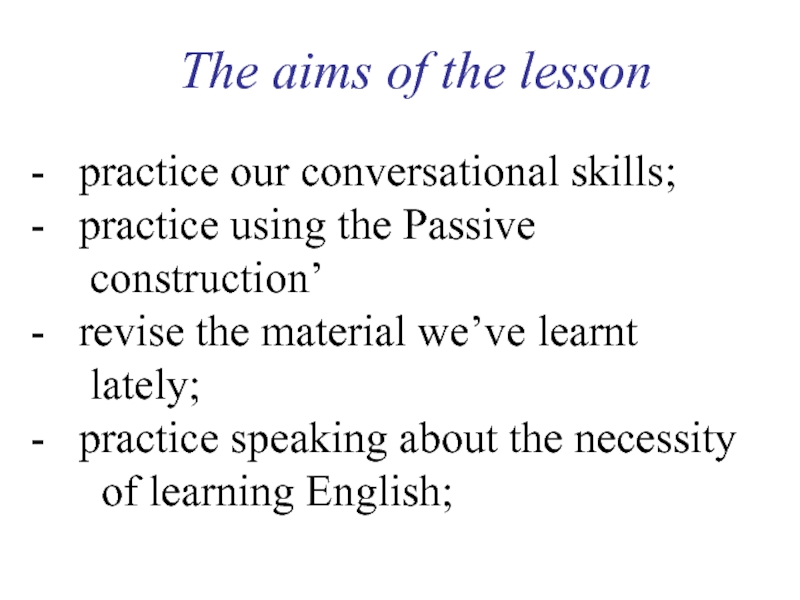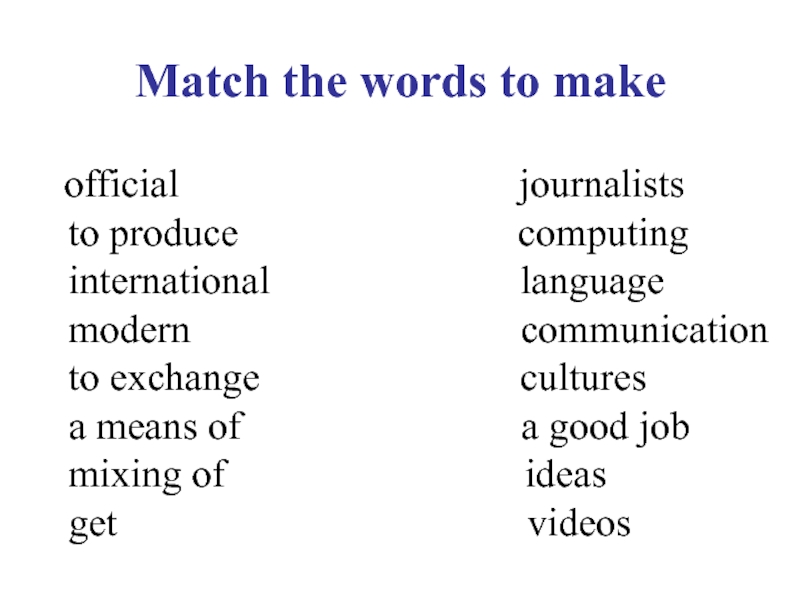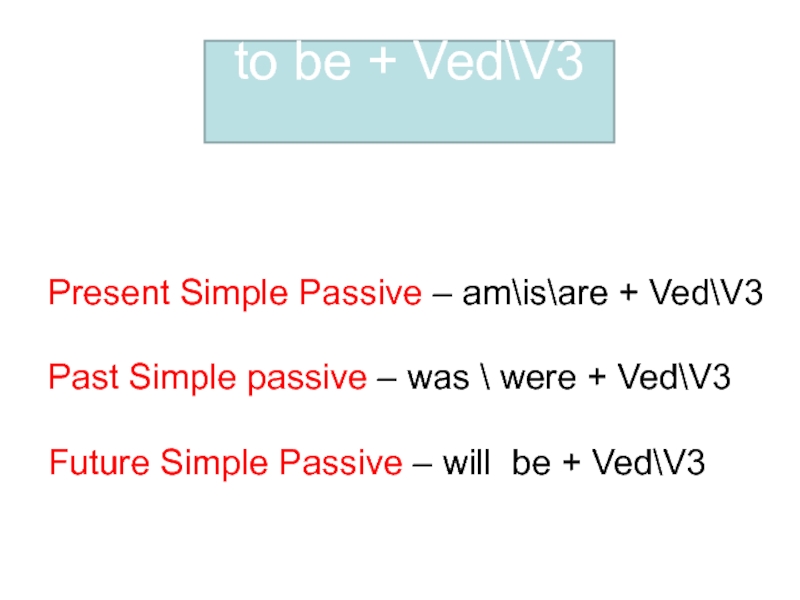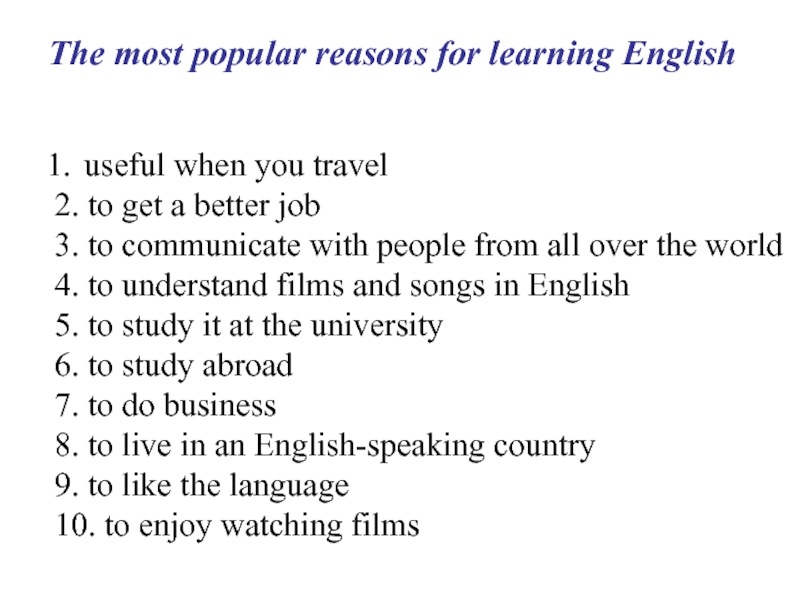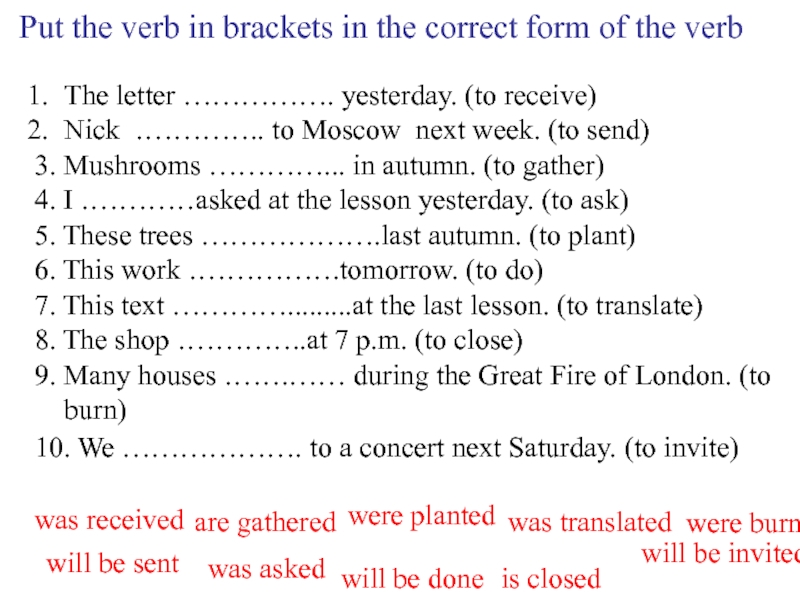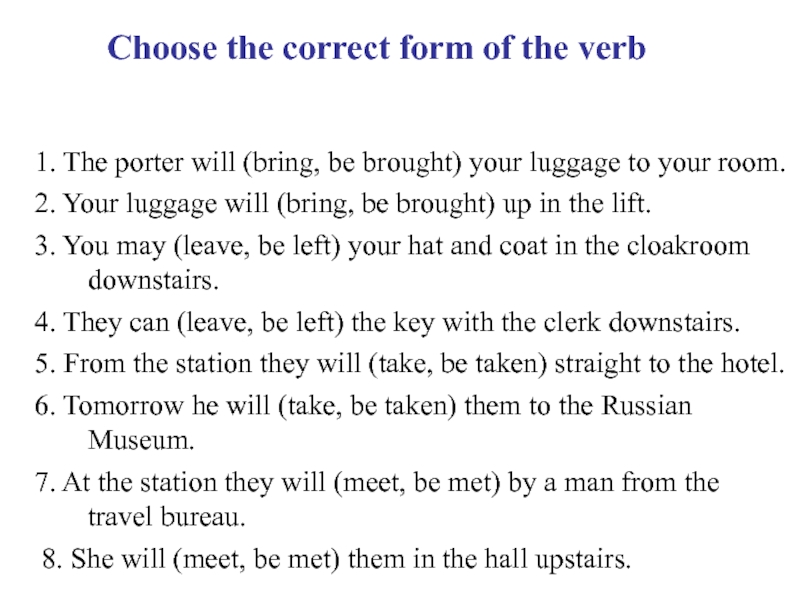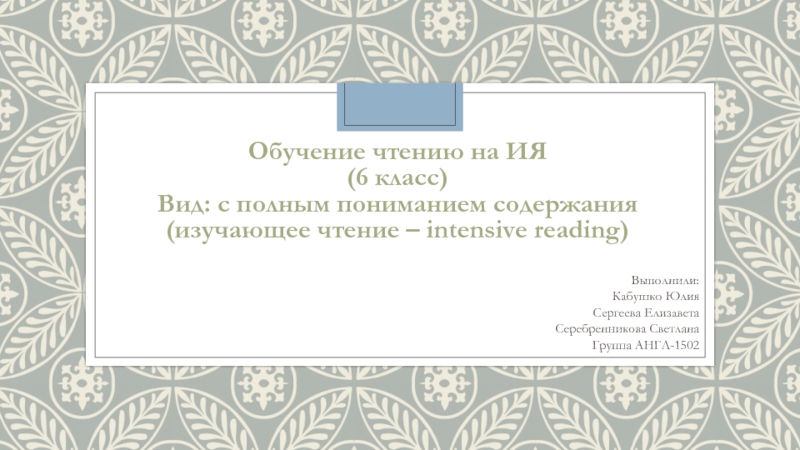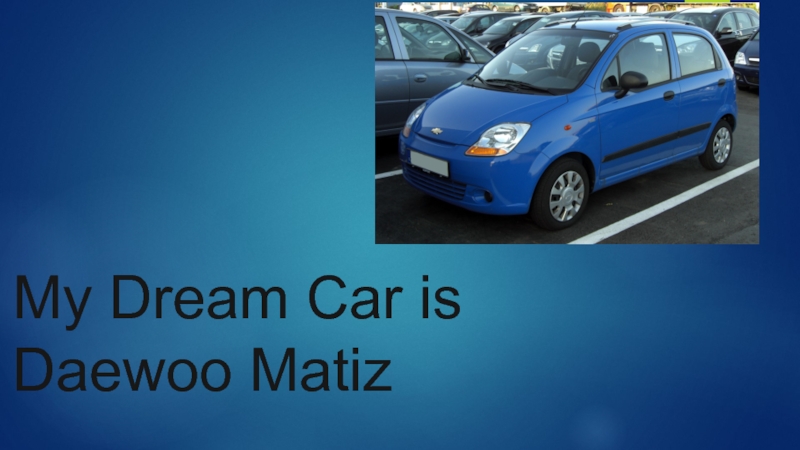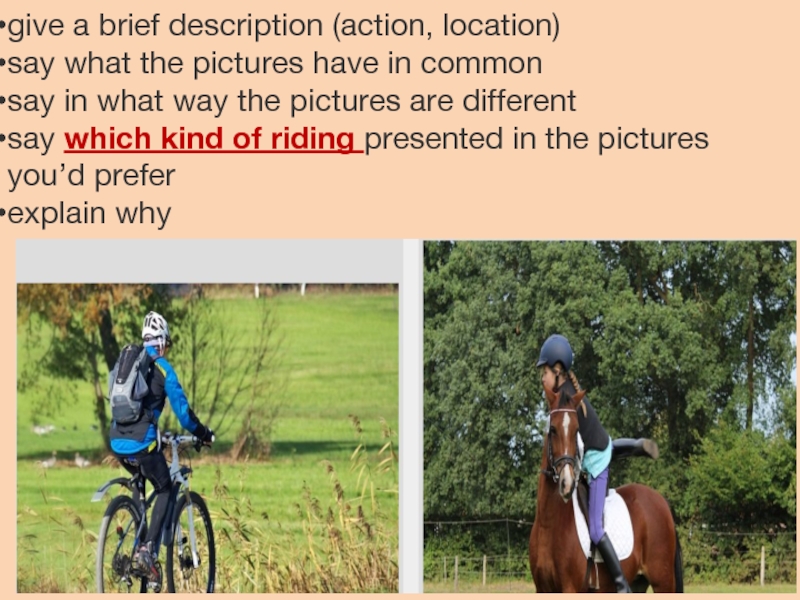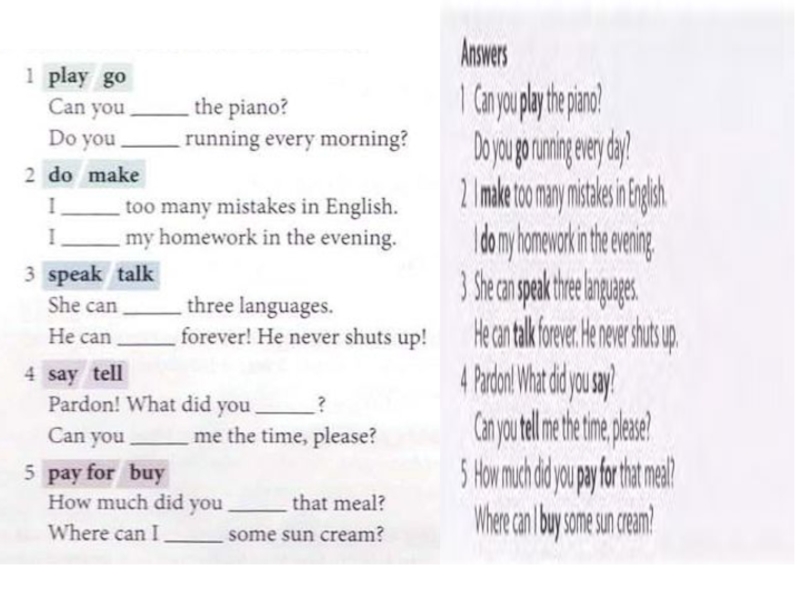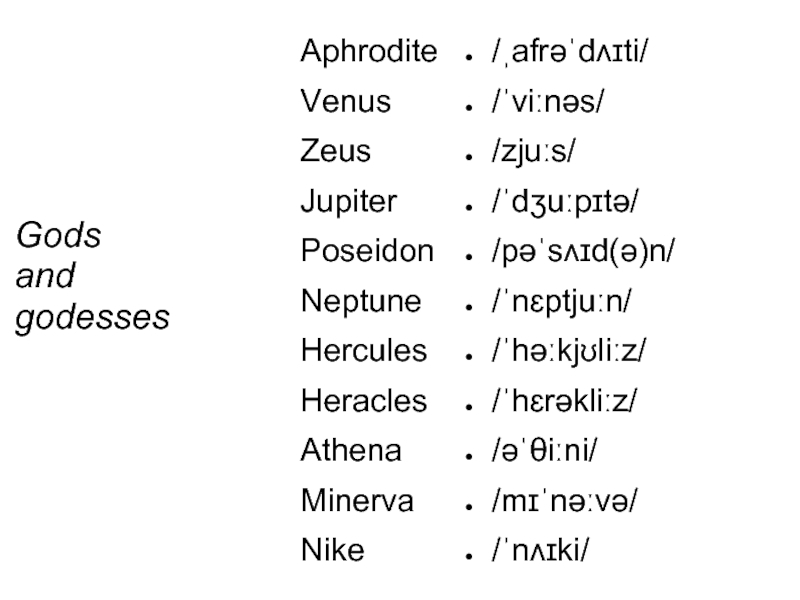- Главная
- Разное
- Дизайн
- Бизнес и предпринимательство
- Аналитика
- Образование
- Развлечения
- Красота и здоровье
- Финансы
- Государство
- Путешествия
- Спорт
- Недвижимость
- Армия
- Графика
- Культурология
- Еда и кулинария
- Лингвистика
- Английский язык
- Астрономия
- Алгебра
- Биология
- География
- Детские презентации
- Информатика
- История
- Литература
- Маркетинг
- Математика
- Медицина
- Менеджмент
- Музыка
- МХК
- Немецкий язык
- ОБЖ
- Обществознание
- Окружающий мир
- Педагогика
- Русский язык
- Технология
- Физика
- Философия
- Химия
- Шаблоны, картинки для презентаций
- Экология
- Экономика
- Юриспруденция
Why do we learn English? The Passive Voice презентация
Содержание
Слайд 2 The aims of the lesson
practice using the Passive
construction’
revise the material we’ve learnt
lately;
practice speaking about the necessity
of learning English;
Слайд 3 official
to produce computing
international language
modern communication
to exchange cultures
a means of a good job
mixing of ideas
get videos
Match the words to make
Слайд 4
Present Simple Passive – am\is\are + Ved\V3
Past Simple passive – was
Future Simple Passive – will be + Ved\V3
to be + Ved\V3
Слайд 5useful when you travel
2. to get a better job
3. to communicate
4. to understand films and songs in English
5. to study it at the university
6. to study abroad
7. to do business
8. to live in an English-speaking country
9. to like the language
10. to enjoy watching films
The most popular reasons for learning English
Слайд 7The letter ……………. yesterday. (to receive)
Nick ………….. to Moscow next week.
3. Mushrooms …………... in autumn. (to gather)
4. I …………asked at the lesson yesterday. (to ask)
5. These trees ……………….last autumn. (to plant)
6. This work …………….tomorrow. (to do)
7. This text ………….........at the last lesson. (to translate)
8. The shop …………..at 7 p.m. (to close)
9. Many houses …….…… during the Great Fire of London. (to burn)
10. We ………………. to a concert next Saturday. (to invite)
was received
will be sent
are gathered
was asked
were planted
will be done
was translated
is closed
were burnt
will be invited
Put the verb in brackets in the correct form of the verb
Слайд 81. The porter will (bring, be brought) your luggage to your
2. Your luggage will (bring, be brought) up in the lift.
3. You may (leave, be left) your hat and coat in the cloakroom downstairs.
4. They can (leave, be left) the key with the clerk downstairs.
5. From the station they will (take, be taken) straight to the hotel.
6. Tomorrow he will (take, be taken) them to the Russian Museum.
7. At the station they will (meet, be met) by a man from the travel bureau.
8. She will (meet, be met) them in the hall upstairs.
Choose the correct form of the verb

